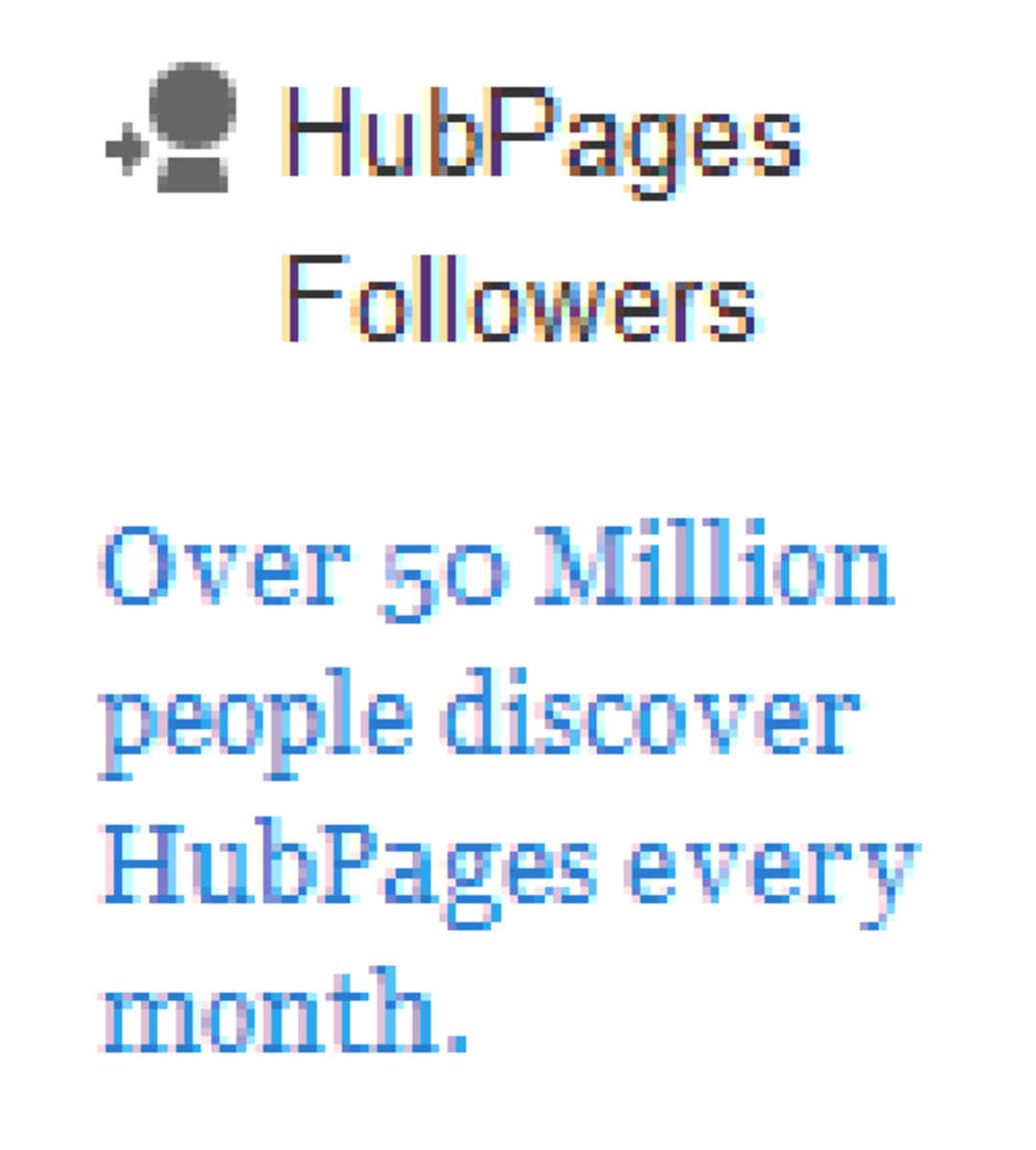- HubPages»
- Technology»
- Computers & Software»
- Computer How-Tos & Tutorials
Why Using USB Drives And Internet Storage Together Is Best For Redundancy
Backing up your data is extremely important. One can never imagine how important it is until you've lost some of your computer data. Whether it's all the information you had on your computer or a file you've been working on for several months, one cannot comprehend the devastation until you've experienced something similar yourself.
Imagine having all your work you've worked on for months or even years just disappear in one single moment. Much of which you will not be able to recover no matter what. The thought of having to start all over from scratch can be really quite depressing. It is therefore highly recommended you avoid losing your computer data.

What does it mean to backup your data?
Backing up data means to create a copy or archive of data, which can be used to restore data in the event the original data has been lost or becomes corrupted. The benefit is that you no longer have to worry that you will lose your data. If somethings happens to the original, a copy is available.
Most people tend to use a USB drive to store files that they need to move around. USB drives are very convenient, small, light and relatively affordable. However, if that USB drive gets lost or damaged as it easily can, you will need another copy of your important data. That's where online storage comes in.
How to backup files with online storage to complement a USB drive
Recently, online storage has become available to pretty much everyone. Email providers such as yahoo.com or gmail.com allow you to add attachments that you can then email to yourself. In effect, your email address is your second USB drive.
Email addresses do have a limit as to the size of the attachments and they are best used with files of less than one megabyte. For bigger files, it's best to use dedicated online storage such as Google Drive or Microsoft's SkyDrive.
Both allow people to create a free account on the Internet, where they can store and retrieve their files up to a certain amount. If you need more space, you will have to get a subscription and pay a monthly fee for the service provided to you.
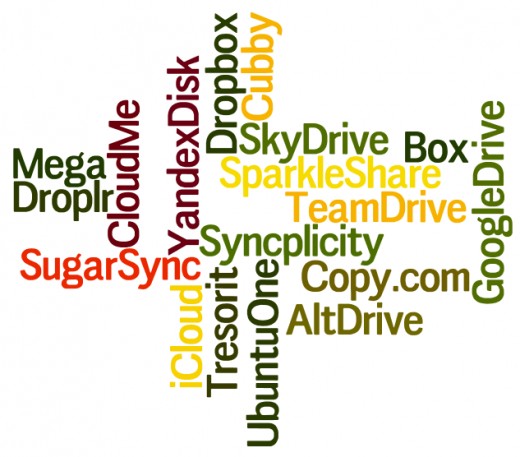
What are the pros of online Internet storage compared to USB drives?
Online Internet storage using the cloud or Internet has the following advantages:
-
Online storage is less vulnerable to physical harm. You can easily lose or damage a USB drive, but it's not as easy to lose an online account.
-
The data in online accounts always have a backup using cloud storage. There is another copy available if data is lost. USB drives store a single copy of your data, which is lost if something happens to it.
-
Online storage can expand as your needs grow, while USB drives have a fixed amount. If you need more, you will need to carry a second one or abandon the first one and get a bigger one.
-
Online storage always comes with security integrated, which is not the case with most USB drives. Outsiders cannot access your data at will if secured, whereas with USB drives someone can make a copy of your files without your knowledge.
-
Online storage can be had for free up to a certain amount with only an email address. USB drives must be paid for.
-
Online storage can be shared with anyone all over the world. USB drives have to be physically moved, which is much less convenient.
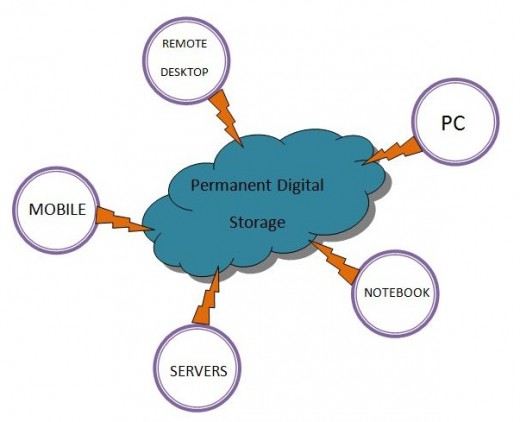
What are the cons of online Internet storage compared to USB drives?
Online storage using the cloud or Internet has the following disadvantages:
-
Online storage is much slower than USB drives. Uploading and downloading files takes longer with online storage, while USB drives are very fast. Both are getting better in this regard though.
-
Online storage may not always be available. If your Internet connection gets cut off for whatever reason, then so is your access to your data. USB drives have the advantage of being always close to you. If data access is crucial, you may want to store it near you.
-
Online storage becomes more expensive the more data you have to store. USB drives are very cheap and getting cheaper all the time. The former comes with a monthly bill, while in the case of the latter you only pay once.
-
Online storage providers include a terms of conditions, which you must abide by. With USB drives, you can basically do whatever you want.
-
Online storage requires a password that some people may have trouble remembering.
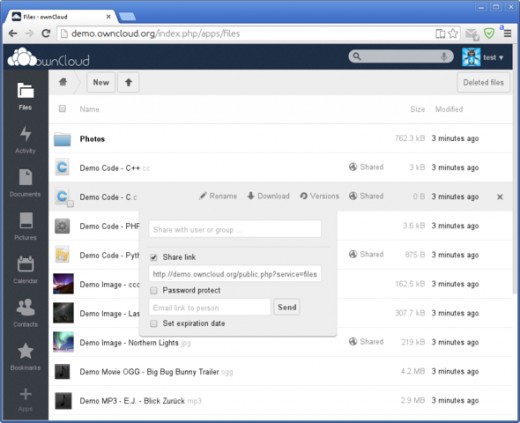
Why using a USB drive and cloud storage simultaneously is best
The reason why it is better to use both is that it creates redundancy. If something happens to one of them, the other is there to fill in as a backup. This makes you less vulnerable in case something goes wrong, since it is highly unlikely the same accident will take out both at the same time. One should survive and be available.
For example, if a fire burns down the house and all USB drives, external hard drives and other equipment are lost, your online storage is still safe on the Internet. A fire can never do harm to an online account. On the other hand, an email account can get hacked which is not the case with a USB drive. Someone has to be physically close to a USB drives, while a hacker could access your Internet account from the other side of the planet.
It is therefore best if you use both at the same time and not one or the other. They are meant to complement each other and not completely replace the other. When it comes to peace of mind, it is better not to place all your eggs in one basket. Peace of mind is a good thing to have.



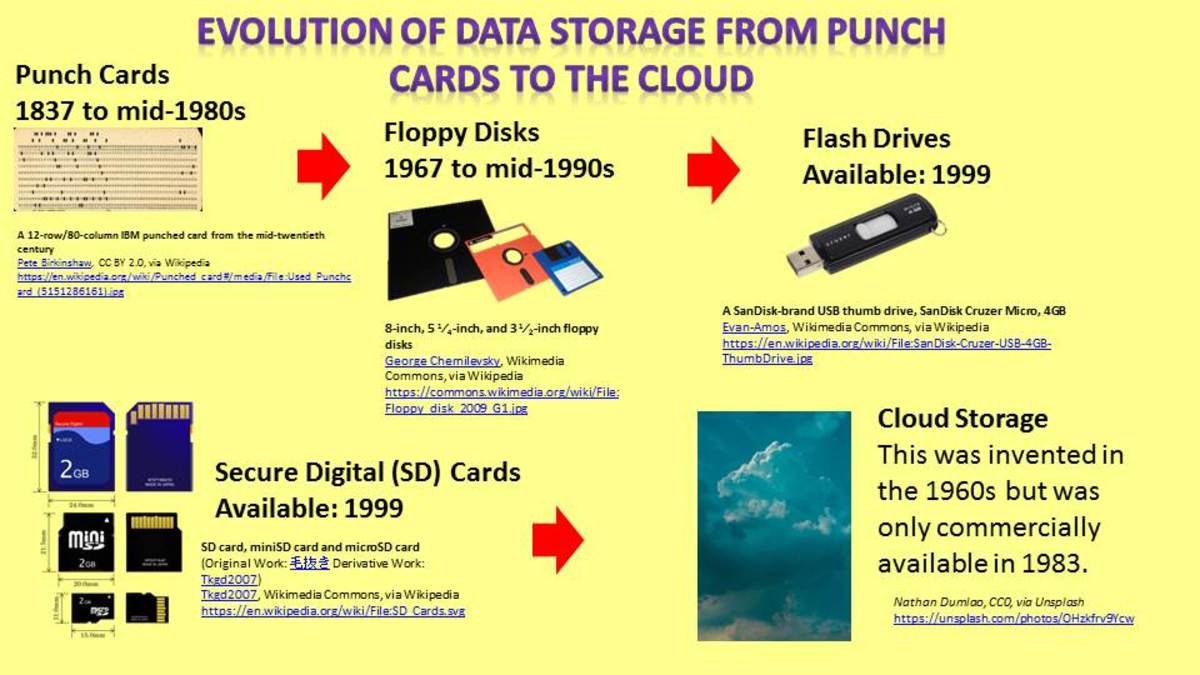


![How to Remove Kaspersky Password Protection? [Easily Recover] How to Remove Kaspersky Password Protection? [Easily Recover]](https://images.saymedia-content.com/.image/t_share/MTc2Mjk3NDcwOTAzNTkyMTI2/how-to-remove-kaspersky-password-protected-easily-recover.png)
